By KRIKOR BELEDIAN
Translated by CHRISTOPHER MILLIS and TALINE VOSKERITCHIAN
Piece appears below in English and the original Armenian.
Translators’ Note
The pervasive sense of place in Krikor Beledian’s works was forged in the crucible of displacement. Beledian grew up in the Beirut neighborhood of Hayashen, which was home to the waves of refugees from the Armenian genocide that Armenians refer to as the Catastrophe.
The pre-eminent writer of Western Armenian literature, Beledian is a long-time resident of Paris, where he has authored more than 30 volumes, including poetry, a 10-volume novel cycle still in progress, literary criticism, experimental prose, and literary history. And he has done so in the UNESCO-designated “endangered” language of Western Armenian.
“Mantra 5” is one of the 32 extended poems collected in Mantras. Beledian says that Mantra 5 was written from the tip of the Seine isle of Vert Gallant, which looks toward the Louvre and the metallic bridge of Pont des Arts. From this vantage point, the poem brings into its sphere multiple and often contradictory threads which are simultaneously at play, resulting in a fractured surface. Time and geography are superimposed on each other; just as the ruins of Palmyra appear in the Louvre, the shadowy dead of indeterminate origin course through the currents of the Seine and the Euphrates. The poem is both atonal dirge and palimpsest.
In the Preface to Mantras, Beledian writes that “place is exile, and exile is the original catastrophe.” The challenge of translating Beledian’s writing is its radical tenuousness—of place, time, and language itself. This is a complex undertaking because Western Armenian belongs to a culture nearly obliterated in 1915, a Catastrophe bookended by centuries of displacement. English, particularly American English, belongs to the culture of conquest and certainty: How to render into English a poetic language which is acutely aware of its calamitous biography, its indeterminate attributes, and its mandate to give voice to the unspoken, unseen, unknown?
— Christopher Millis and Taline Voskeritchian


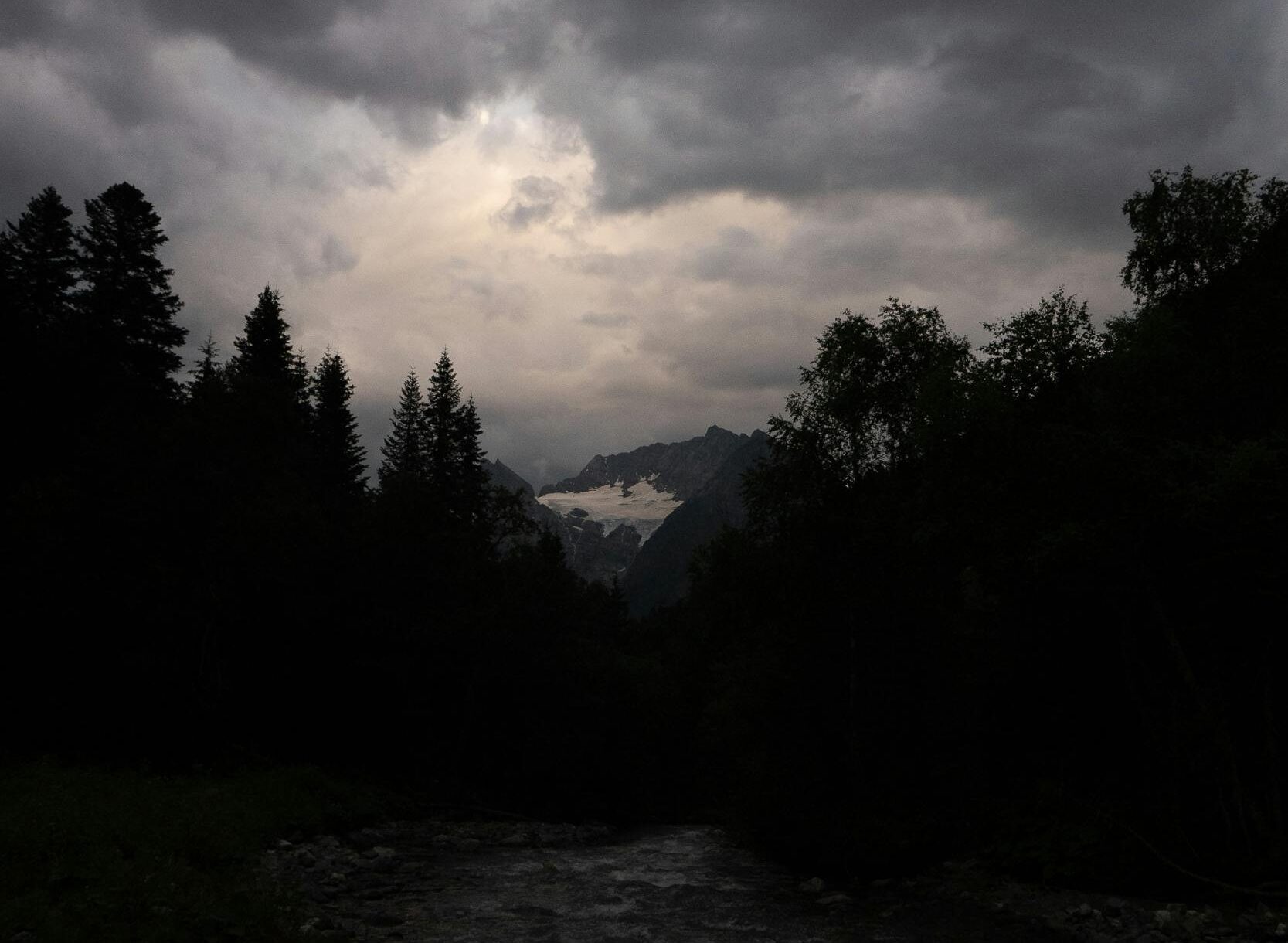

 Phoenix, AZ
Phoenix, AZ


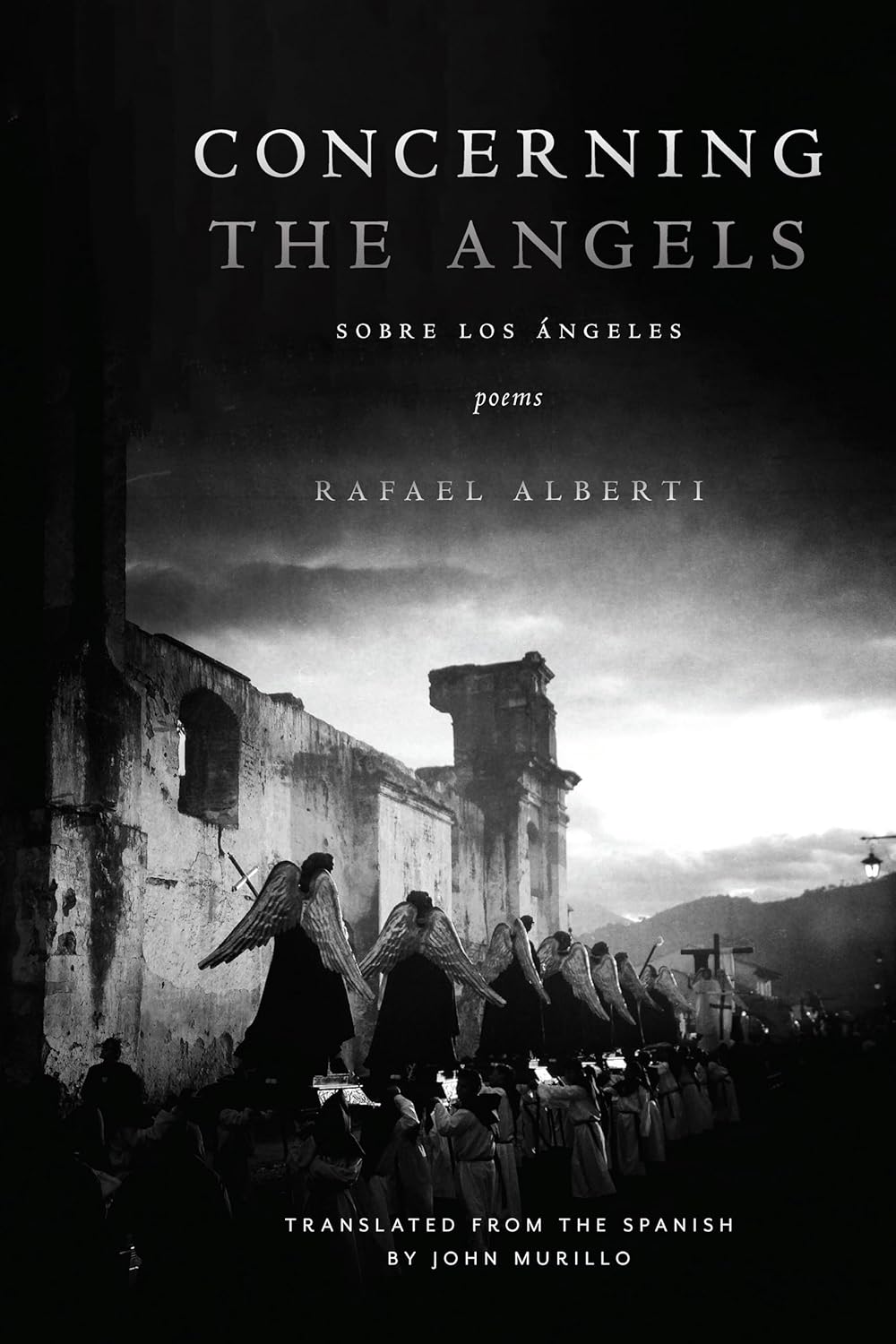

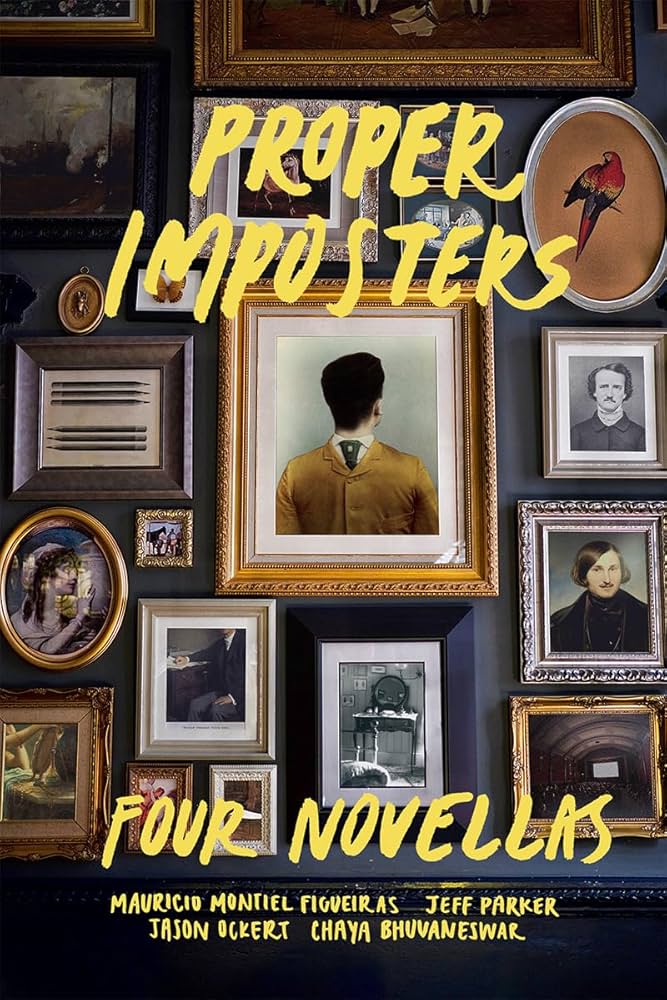

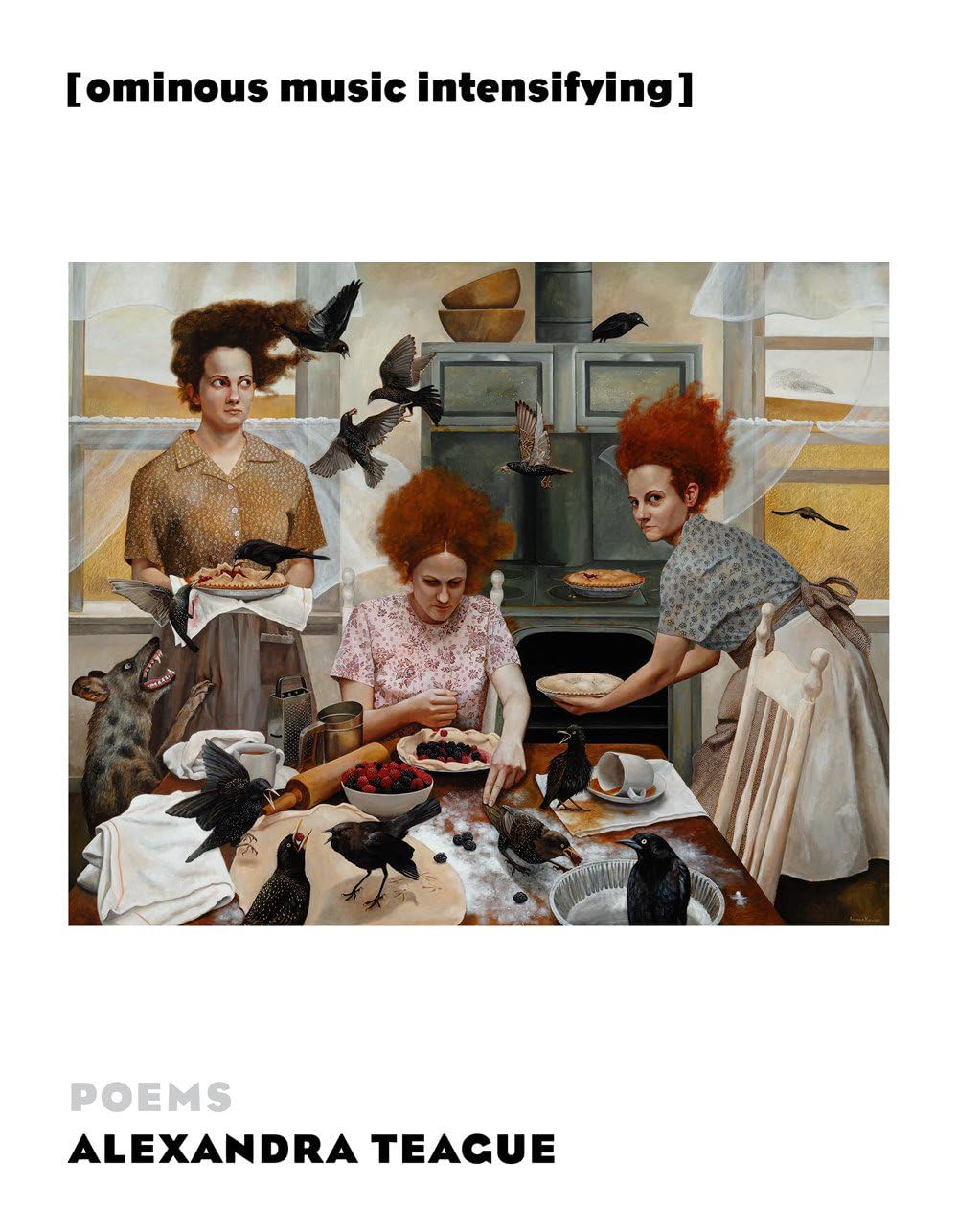

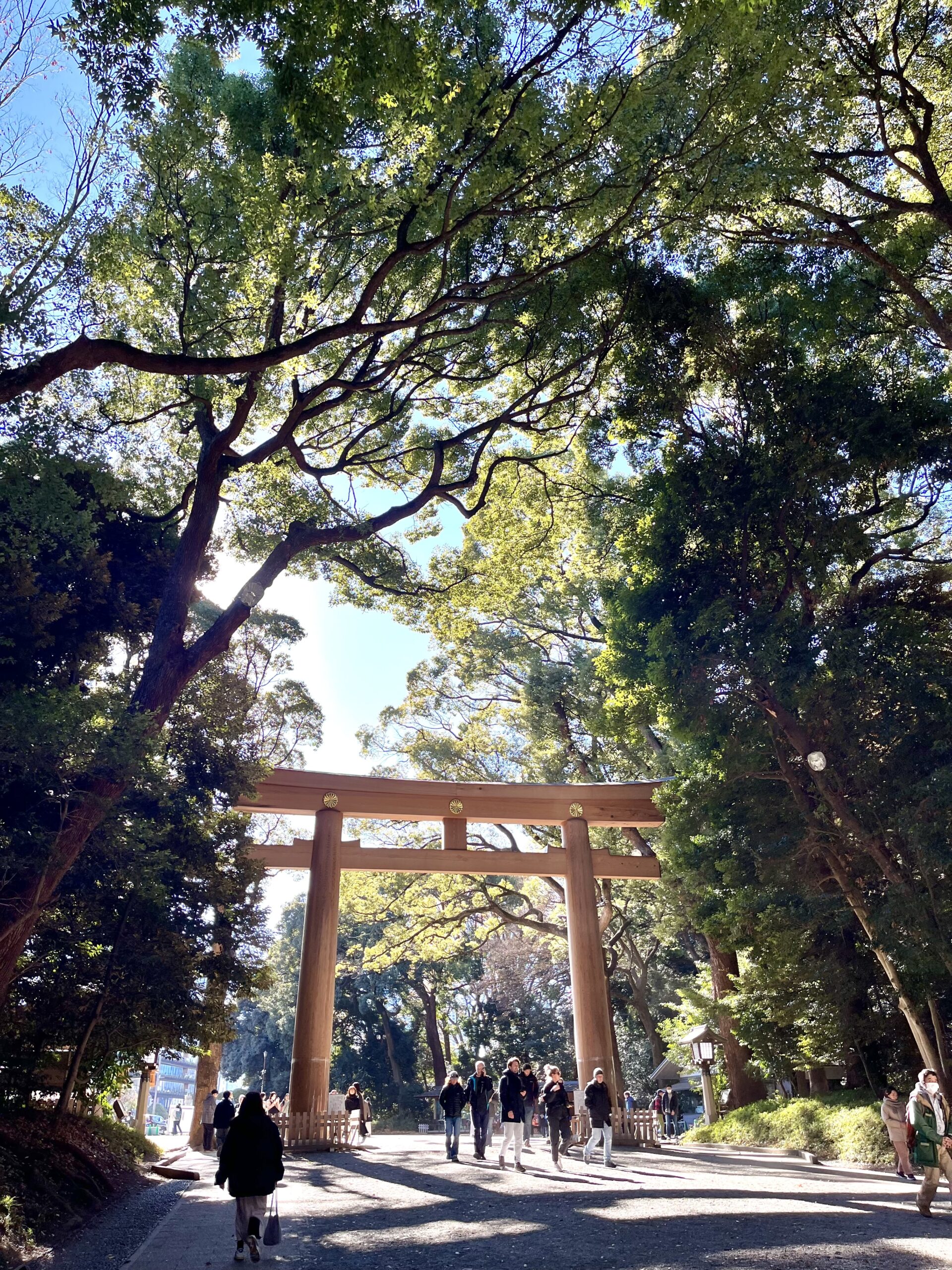
 Beppu-shi, Oita Prefecture, Japan
Beppu-shi, Oita Prefecture, Japan
